China has maintained its position as the largest electric vehicle (EV) market for seven years running and is on track to become the largest EV exporter in the world.
The expansion and innovation of China’s EV industry have made EVs more affordable for the world, making the climate-friendly choice an economical one.
The Global South welcomes Chinese EVs to ease its dependence on imported oil, lower transport costs, and boost productivity. However, the politics in Global North may exert some barriers for entry to those markets.
Battery Technologies in China
China’s new battery technologies rely on cheap and plentiful minerals which stabilizes costs and removes dependence on scarce minerals, which is considered the biggest risk to EV adoption.
As EV production costs fall in China, the vehicles will become much cheaper than internal combustion engine (ICE) cars.
Domination in the Supply Chain of the EV Industry
The EV industry is one of the major modern industries that China leads. Most of the electric vehicle supply chain is located in China. As a result, the prices of EVs from China, in addition to reflecting the costs of imported materials, also reflect the cost of labor in China.
Unless EV makers in the Global North have a technological advantage, it will be difficult for them to compete with China’s cost advantage.
China’s Rise as a Major Player in the EV Industry
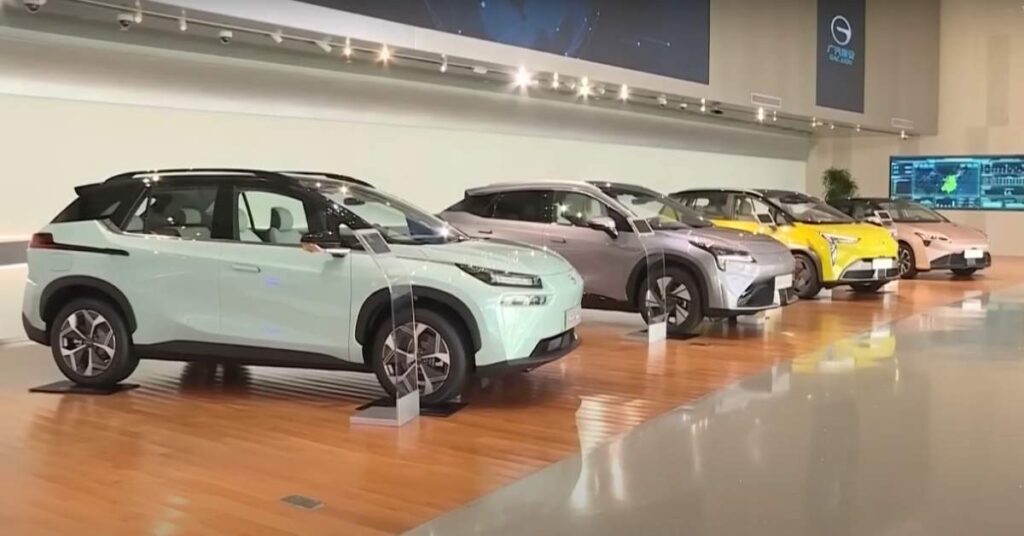
The emergence of the EV industry is analogous to China’s Walkman moment, which highlights China’s efforts to develop its own capabilities throughout the EV supply chain with the help of Chinese private companies.
As an electronic product, EVs align well with China’s manufacturing strengths. Furthermore, China has been fortunate that several of the global automakers dominating its market were hesitant to embrace EVs, resulting in them being left behind.
Challenges in the Global North
Countries in the Global North will find it challenging to compete against the rise in Chinese EVs.
Their policy is still mainly to subsidize the buying of uneconomic EVs against the ICE alternatives, and their EV supply chains are incomplete and costly.
Some countries may likely enforce trade barriers against Chinese EVs to protect their local manufacturers. But still some Western companies may continue to sell EVs made with Chinese components.
Slow Development in the Global North
Even if the Global North decides to invest strongly in EVs now, the development of an indigenous supply chain will be slow.
China can complete a mega factory in a year, which would take three to five years in most developed countries and cost many times more. Meanwhile, Chinese companies continue to innovate at the frontier of EV technology.
The Future of EVs in the Global South
Legacy carmakers have argued that EV adoption in the Global South would be slow because of poor charging infrastructure.
But low EV prices are likely to stimulate solutions, especially as the mass adoption of EVs can insulate the Global South from the volatility in oil prices.
For many places in the Global South, transport is a relatively clean slate – and cheaper and more secure options are always attractive.
Mass adoption of cheap and affordable EVs could greatly boost mobility, enhancing workforce productivity.
China’s Car Market Transformation
China, the world’s largest car market, is on track to become the largest car exporter. EV sales in China are rising rapidly, nearly doubling last year to make up 25.6 per cent of the market.
Within five years, China’s car market is likely to mostly comprise sales of EVs. The impact of this on global carmakers that have long relied on Chinese customers will be severe. Some may go bust.
Lessons Learned from Industrial Policy
Over the past thirty years, the Chinese government has employed a strategy of partnering with global companies and state-owned enterprises to cultivate its car manufacturing industry.
Unfortunately, this strategy did not yield the desired results. Instead, several private companies that had made a name for themselves in the electronics industry have successfully transitioned into the EV market.
This serves as a valuable lesson on the effectiveness of industrial policy and the merits of state ownership. In a fiercely competitive and rapidly changing market, private companies are better suited to thrive.
With cutting-edge technology, China is poised to offer the world its EVs, with price tags that could even harken back to the 1980s.

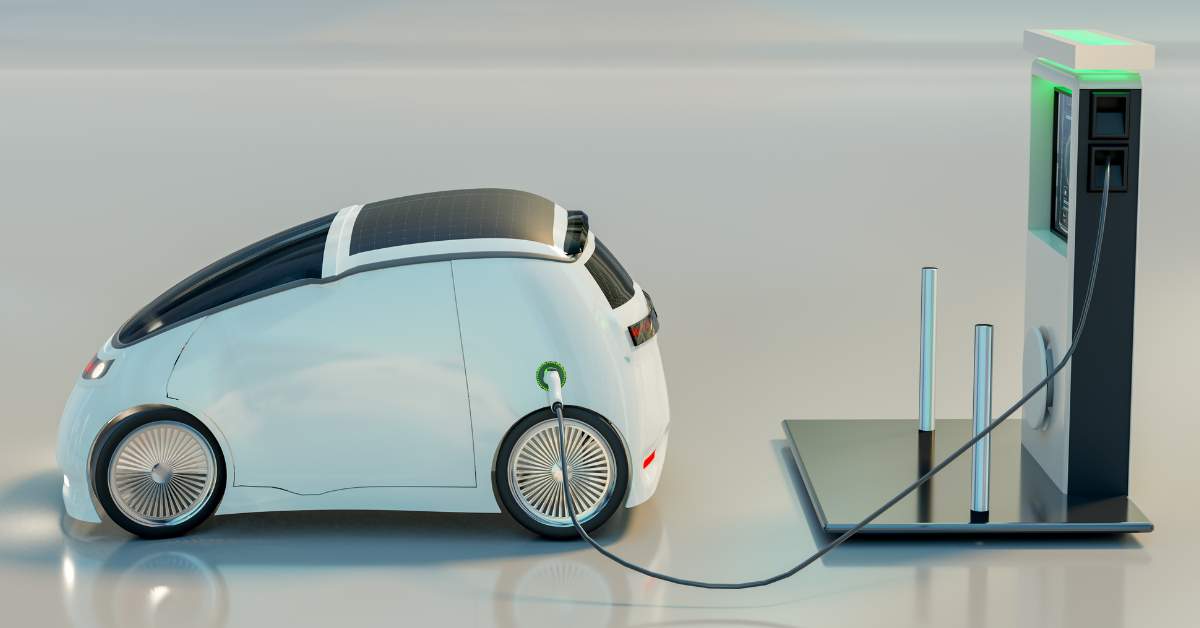

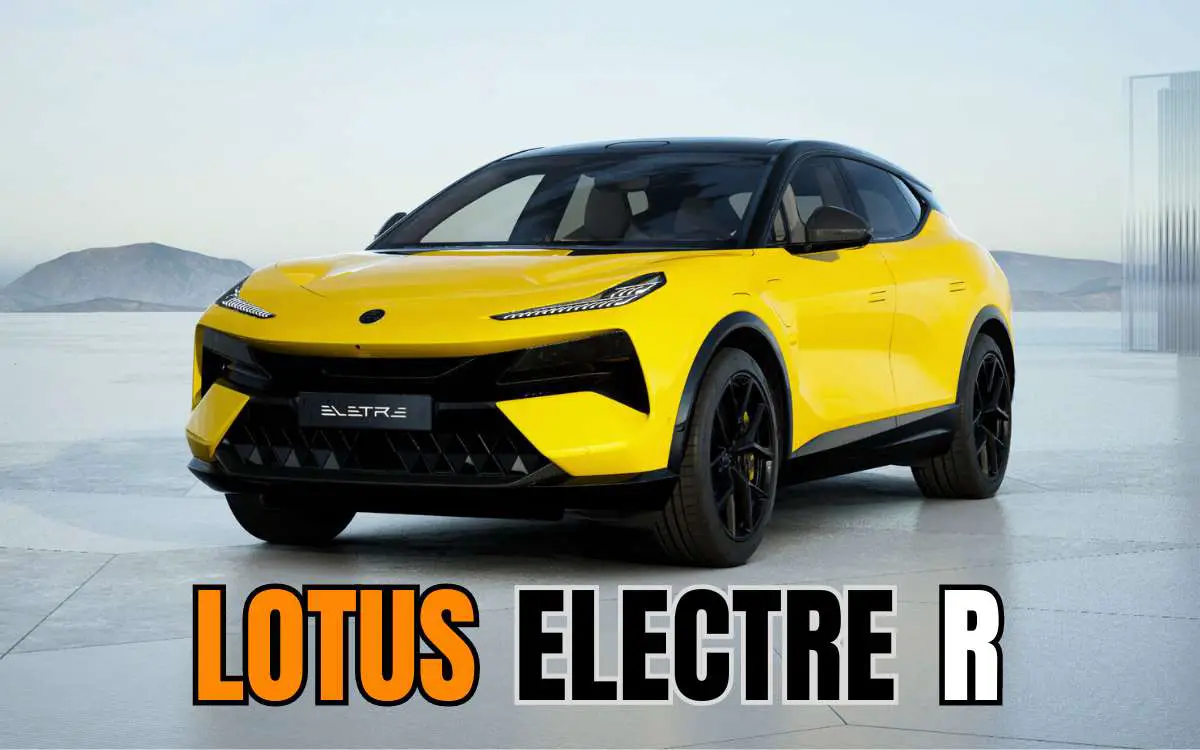
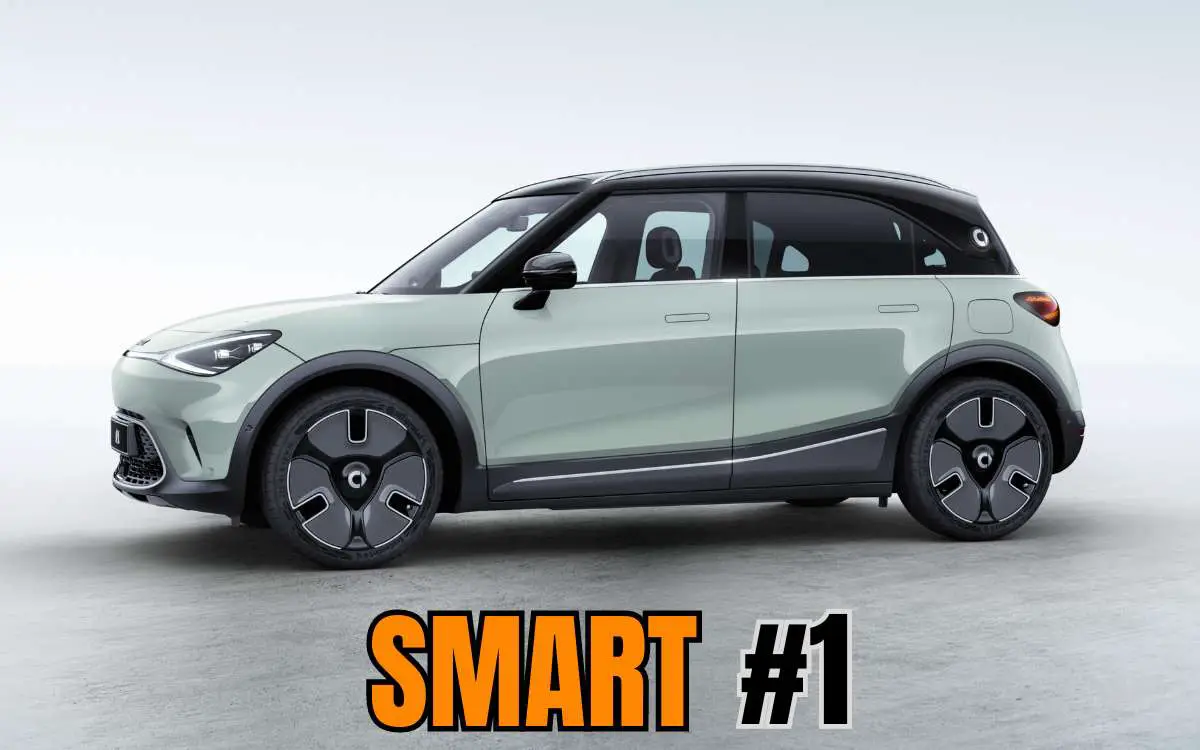
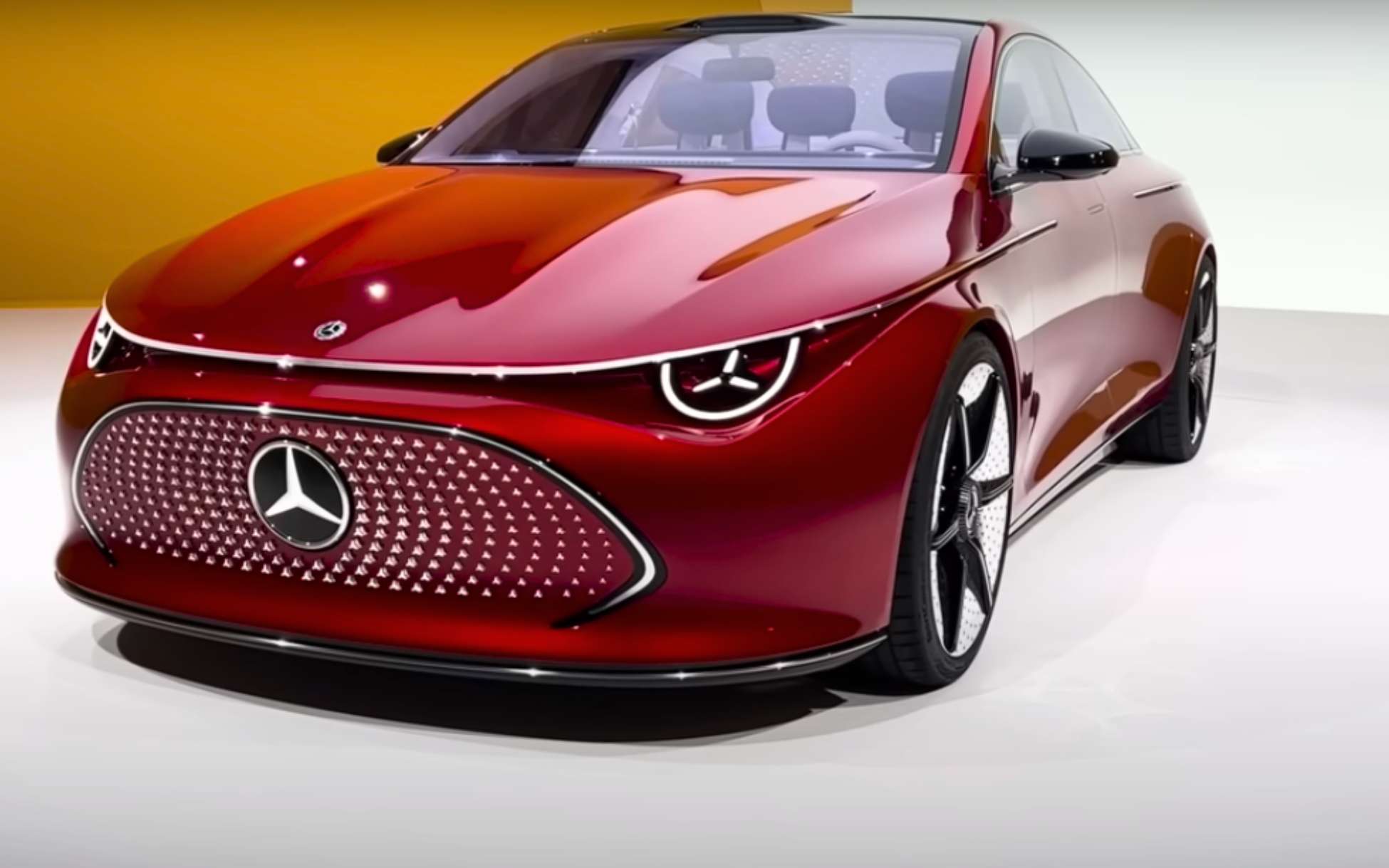
Leave a Reply